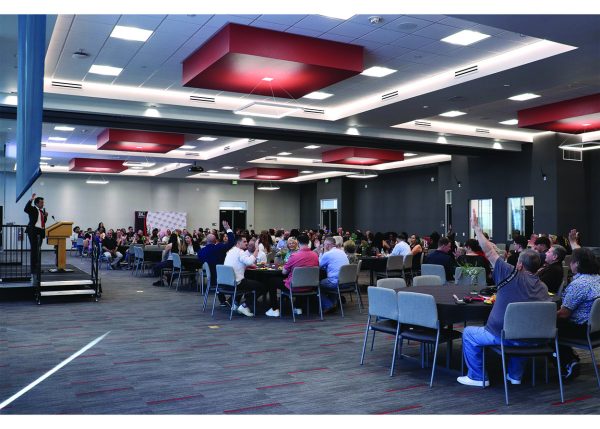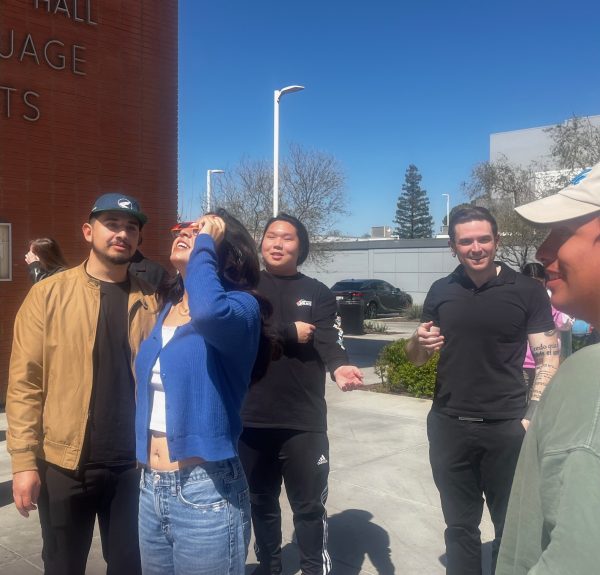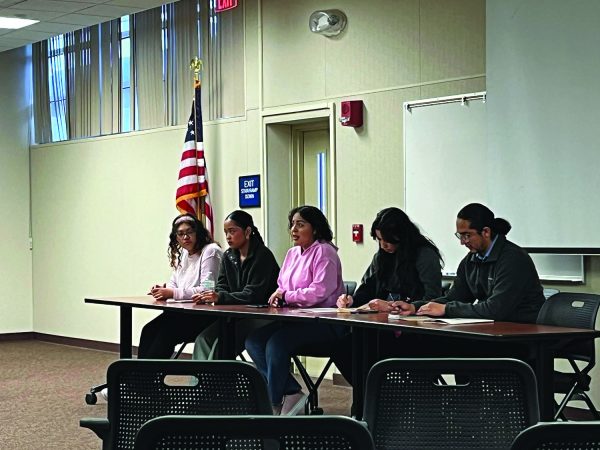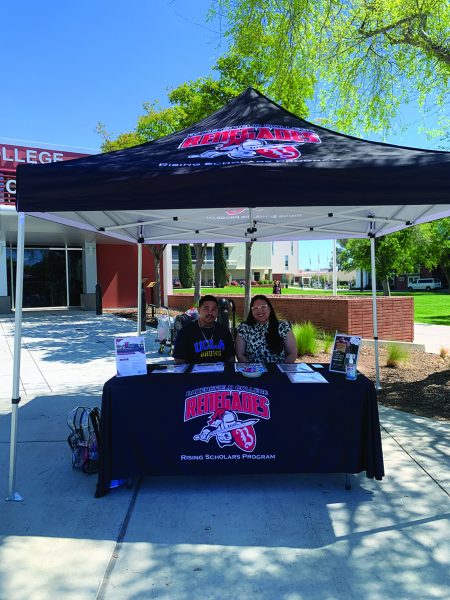Community College chancellor calls for a “Call for Action” webinar after the death of George Floyd
June 6, 2020
The Community College chancellor’s office held a “Call for Action California’s Community Colleges” webinar on June 3, to address structural racism and ensure that college communities and students have access to an equal opportunity.
The webinar followed the aftermath of the death of George Floyd by Minneapolis police, which sparked national protests all over the U.S. by the Black Lives Matter movement.
Community College Chancellor Eloy Ortiz Oakley said that they received some criticism after sending out the webinar’s invitation.
“I’ve already gotten a few emails from folks who saw the invitation, emails from trustees in the far north, individuals throughout the state who rolled their eyes, said things like ‘Are you kidding me?’ No, I’m not kidding. We’re not kidding you anymore,” said Oakley. “…I know it is easy for us to sit back and say that it is not my job. I cannot change all of society’s ills. We, us, need to change the culture of our system.”
Oakley said they need to deal with the reality even if it makes them uncomfortable because they all share in the responsibility [as educators.]
Bryan Daley, a 26-year-old Jamaican immigrant said he is here to share his own experience as a student who has been in the system for about eight years.
“When we have black and brown students that are taking six years on average to transfer from institutions that are marketed as transferring students in two years, we should know there is a problem there.”
Pamela Haynes, Vice President of California Community Colleges’ Board of Governors, said that there have been generations of George Floyds and racism is not worse than before but it’s just being filmed now.
“Today, black Americans are facing a crisis within a crisis within a crisis. Black suffering is so deeply embedded that it has been taken for granted. So much so that America has become addicted to black death,” said Haynes.
Haynes said that every male in her family has had an incident with law enforcement in California, for “driving while black” to incarcerate.
Dr. Edward Bush, president of Cosumnes River College, was unable to sleep for the rest of the night after watching the video of Floyd’s death. He then realized that was not the only night he had lost sleep.
Bush wondered why there has not been a hypothesis and perhaps that, “maybe we love the idea of being promoted more than we love justice.”
Frank Chong, president of Santa Rosa Junior College, said in his 28-year career he never had a conversation of fighting against oppression with colleagues. Chong called Floyd’s death, “a culmination of 400 years of oppression,” and allies need to work together.
Regina Stanback Stroud, chancellor of the Peralta Community College District, said that it takes courage to engage in this conversation.
“The killing of Mr. Floyd reminded us that long before the COVID-19 pandemic, we had another epidemic in this nation: The legally sanctioned and systematically structured brutality and destruction of black people,” she said. “And each outbreak of this epidemic is often started by being black and walking… or just being black and breathing.”












